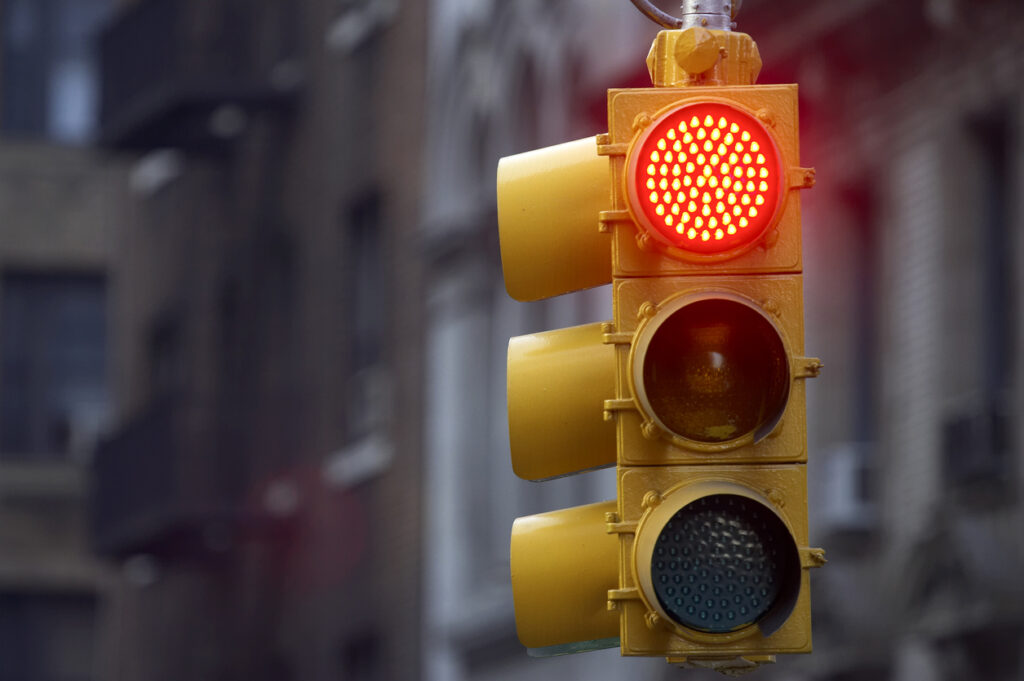In 2025, more drivers are waking up to the heated debate over automated intersection enforcement as red light cameras spark controversy in Tennessee. What began as a public‑safety experiment has evolved into a statewide flashpoint—fueled by rising violations, legal challenges, and questions about profit motives. As citations multiply, Tennessee motorists are demanding clarity on the legality, fairness, and true purpose behind these camera systems. This guide walks every driver through the key issues they need to know this year.
Why Red Light Cameras Have Become Such a Hot‑Button Issue in Tennessee
Originally deployed to curb dangerous red‑light running and reduce T‑bone collisions, Tennessee’s red light cameras triggering controversy now stem largely from the sheer volume of fines issued. In cities from Memphis to Murfreesboro, residents report receiving tickets for marginal infractions—sometimes weeks after the fact. Without on‑scene officers to question or context to appeal, many feel the system punishes the innocent and erodes trust in traffic enforcement.
Legal Uncertainty: Due Process and the Burden of Proof
A core reason red light cameras spark controversy in Tennessee is the way tickets are adjudicated. Rather than face an officer in court, the registered vehicle owner must challenge the citation remotely. This effectively reverses the traditional burden of proof: drivers must prove they were not behind the wheel or that the camera evidence is flawed. Tennessee courts have seen a growing number of dismissals on due‑process grounds, underscoring the system’s legal vulnerability.
For a detailed look at these disputes, this legal breakdown on why red light cameras spark controversy in Tennessee offers in‑depth analysis of recent case law and constitutional arguments.
Public Backlash: From Petitions to Town Hall Protests
As fines mount, grassroots resistance is gaining steam. Online petitions demanding camera removal have garnered thousands of signatures. At town halls in Davidson and Shelby counties, citizens cite inadequate signage, questionable light‑timing settings, and opaque ticketing processes. Many describe feeling ambushed—trapped by technology rather than protected by it. This groundswell of discontent is driving some municipalities to pause or eliminate their camera programs.
Do Cameras Actually Improve Safety—Or Just Shift Accident Patterns?
Supporters point to intersection‑specific studies showing fewer side‑impact crashes at camera‑monitored junctions. However, independent research, including data from the National Highway Traffic Safety Administration, warns that abrupt braking to avoid tickets can increase rear‑end collisions. In Tennessee, where comprehensive public reporting is scarce, it remains unclear whether the net effect of red light cameras is truly beneficial.
Weather-Related Accidents Add Another Dimension to Intersection Safety
While the legal debate around red light cameras continues, drivers also face heightened risks during Tennessee’s unpredictable weather conditions. Slick roads, limited visibility, and sudden stops at camera-controlled intersections can lead to dangerous outcomes—especially when traffic lights aren’t timed to account for road conditions. For those wondering what to do legally after a weather-related car accident, it’s essential to understand how liability and camera-based evidence can intersect in these situations.
Profit Motives: The Controversial Role of Third‑Party Vendors
Behind many of Tennessee’s camera programs are lucrative contracts with private technology firms. These vendors often earn a percentage of each fine collected—creating an inherent conflict of interest. Critics argue that when enforcement agencies share revenue with ticket‑issuing companies, the line between fair policing and profit‑driven ticket quotas blurs. Calls for full contract transparency and caps on vendor compensation have become a central theme of local reform campaigns.
Uneven Policies: Why Your Neighboring County Might Ticket Differently
Travel through Tennessee and you’ll find stark differences in how red light violations are handled. Some counties have stringent camera enforcement, while adjacent jurisdictions have banned the devices outright. This patchwork of policies creates confusion for motorists who cross county lines, unsure which rules apply or where cameras might lurk. Standardizing enforcement criteria and signage requirements is a key demand of regional advocacy groups.
Legislative Action: Bills to Restrict or Reform Camera Use
Responding to constituent pressure, several state legislators have introduced measures to curb red light camera programs. Proposed reforms include:
-
Mandatory public hearings before camera installations
-
Caps on vendor revenue shares
-
Requirement that a sworn law‑enforcement officer review each ticket before issuance
While not all bills have passed, their introduction reflects growing recognition that red light cameras spark controversy in Tennessee cannot be resolved purely at the municipal level.
Judicial Trends: Courts Pushing Back on Automated Tickets
Tennessee’s trial courts are increasingly scrutinizing camera‑based citations. Judges have cited shaky photographic evidence, insufficient notice periods, and improper signage as reasons to dismiss tickets. These judicial rulings not only relieve individual motorists but also place financial and reputational pressure on counties to justify continued enforcement.
Transparency and Accountability: Demands from Tennessee Drivers
At the heart of the debate is a call for transparency. Drivers want:
-
Clear statistics on accident rates before versus after camera installation
-
Open access to camera‑location criteria and timing‑cycle studies
-
Public disclosure of fine revenue allocation
Without this data, many Tennesseans view red light camera systems as unchecked surveillance rather than safety tools.
 Comparisons from Other States: Lessons for Tennessee
Comparisons from Other States: Lessons for Tennessee
States like South Carolina and Mississippi have banned red light cameras, citing privacy and fairness concerns. Others, such as Florida, maintain cameras but enforce stringent oversight, including third‑party audits and annual public reports. Tennessee’s policy makers could look to these models when considering whether to tighten regulations or phase out automated intersection enforcement altogether.
What Every Tennessee Driver Should Do If You Receive a Camera Ticket
Being proactive can improve your chances of a fair outcome:
-
Review the photo evidence closely for inaccuracies
-
Check that signage and traffic‑signal timing comply with state regulations
-
Gather witness statements if you believe you were not the driver
-
Consult the detailed legal guide on how red light cameras spark controversy in Tennessee for case precedents
Understanding your rights and the appeals process is essential in an environment where the burden of proof has tilted away from motorists.
Conclusion: Navigating a Changing Enforcement Landscape in 2025
As red light cameras spark controversy in Tennessee throughout 2025, drivers face a complex web of legal, financial, and safety considerations. With rising violations, public backlash, and mounting court challenges, the future of automated traffic enforcement in the Volunteer State is far from certain. Whether you’re a daily commuter or an occasional traveler, staying informed and engaged remains the best way to protect your rights and advocate for fair, transparent policies.
